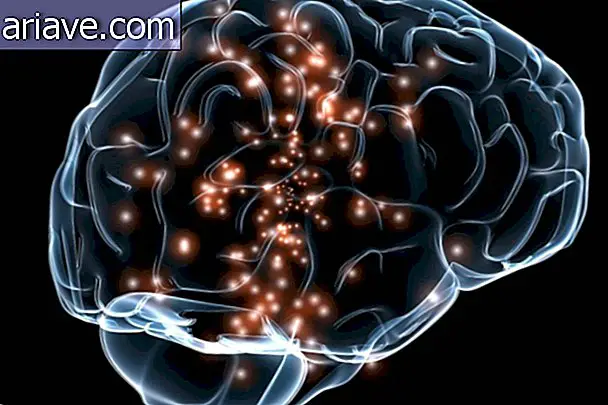Brazil x Turkey: Check out the differences between the protests in both countries
The protests that are taking to the streets of our country have made headlines around the world, but before us, Turkey had already become the focus of attention as it was the scene of similar events. But what are the differences between what is happening in both countries and how things are unfolding here and there?
The Associated Press has published an interesting comparison - from the standpoint of those watching the protests from afar - about the motivations, the reaction of the authorities, who the protesters are, what their claims are, and what proportions the demonstrations took. in both nations. So who do you think is getting the best?
Please note that the information contained in this article is entirely based on the original publication of the AP website, which can be accessed through this link.
What motivated the protests?

Image Source: Playback / UOL
Here in Brazil, the wave of demonstrations began due to an increase in public transport fares in some cities, but the protests eventually spread and covered other issues, such as government spending on the Olympics and the World Cup, corruption, the unfortunate public services with which the population has to cope, and the astronomical taxes, to name a few.
In Turkey, another democracy that, like ours, has a growing - and disgruntled - middle class, protests began in late May with a peaceful demonstration by environmental activists. They were trying to avoid logging in one of Istanbul's main squares, but the violent action of the Turkish police sparked a wave of protests across the country.
Reaction of the authorities

Image Source: Playback / See
In Brazil, police action - which reacted violently against protesters - eventually led to even more people on the streets. President Dilma's statement, several days after the protests began, was not very convincing and brought, as usual, a speech full of promises to create measures to resolve some of the claims.
Turkish police also intervened with violence, arousing the concern of the United Nations and other human rights organizations. In addition, Turkish Prime Minister Recep Erdogan criticized the protesters harshly, using language that caused discomfort among European leaders, which could complicate Turkey's situation regarding its entry into the European Union.
Who are the protesters?

Image Source: Playback / UOL
Although in our country the action of a single group - Free Pass Movement - started the wave of protests, the truth is that there is no leader responsible for the demonstrations, and it is social media that are serving as a communication channel to call People in the streets. The groups consist mainly of students, disgruntled citizens, and a small minority of vandals.
Turkish protesters are mostly urban middle-class individuals with higher education who are not part of any religious group. Although the trigger was police action against environmentalists, protesters now protest against the gradually more autocratic government of the prime minister, who has been trying to approve a series of restrictions based on his Islamic roots.
What were the proportions of the protests?

Image Source: Reproduction / Mashable
Calculating how many people took to the streets is a very complicated task, and the numbers we see out there were calculated based on estimates made by official sources. In Brazil, for example, it was reported that at the beginning of last week more than 250, 000 people took to the streets in a single night, and the proportion of the protests only escalated from then on.
Already in Turkey, the numbers are around tens of thousands, and in the country's capital, Ankara, protesters reached about 2, 000 people. However, after the clashes with the police, demonstrations are spreading differently there, with thousands of people across the country simply standing in protest, something that could very well be adopted here too, you don't. do you think?











